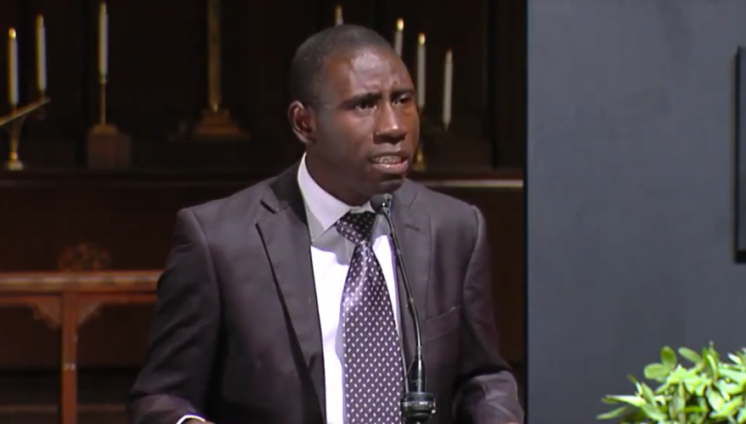A non-governmental organisation, Challenging Heights, is urging the government to release capitation grants to basic schools to avert a crisis.
According to the NGO, the capitation grant, which is supposed to be used to run the day-to-day affairs of public basic schools in Ghana, has been in arrears since 2019, and it was only in May this year that the first quarter of the 2019 grants were released.
This means the government owes basic schools 10 quarters in capitation grant arrears, running into an estimated ¢300 million, the NGO says.
In a statement released to mark world literacy day, Challenging Heights noted that “Schools are in crisis, with available evidence suggesting that some headteachers are using their already insufficient salaries, to run the schools.
"This situation is not only a threat to quality basic education in the country but also a threat to the sustainability of our schools”.
The capitation grant was introduced in 2005 by the government of Ghana to enable public basic schools to run fee-free and enable vulnerable and underserved children to have access to education.
Currently, the government pays ¢10 per child per term to the public basic schools. These grants are used by the schools to provide in-service training for teachers, payment of stationeries, and the procurement of teaching and learning materials, among several others.
The NGO also noted that “Concurrent with the capitation grant crisis is the lack of supply of textbooks to facilitate the implementation of the new educational reform program, the Standard Based Curriculum (SBC)”.
In 2019, the government of Ghana introduced the Standard Based Curriculum (SBC) in basic schools to make the educational system more participatory and facilitate creativity. In addition, teachers were trained and given Resource Packs to kick start the reform.
However, two years after the SBC was introduced, no official textbooks were printed or supplied for the children whose interest the reform was introduced.
Challenging height says, “If this situation is not rectified, the quality education we are all seeking would be compromised”.
September 8 was proclaimed International Literacy Day by UNESCO in 1966 to remind the international community of the importance of literacy for individuals and the need for an intensified effort towards more literate societies.
For challenging Heights, “Without adequate funding of public schools, Ghana might miss out on the targets set out in the Sustainable Development Goals on education”.
Therefore, the human rights organization is worried that adequate attention is not being paid to the timely release of the Capitation Grant and its attendant supply of textbooks.
Latest Stories
-
Hohoe Ghana Blind Union organises training for members ahead of Election 2024
3 mins -
Alan Kyerematen reveals his future plans for Ghanaian Health professionals
4 mins -
AAIN empowers women and small enterprises in Upper East Region through SHINE project
5 mins -
Akufo-Addo leads nationwide commissioning of 80 educational projects
11 mins -
Ghana and Seychelles strengthen bilateral ties with focus on key sectors
42 mins -
National Elections Security Taskforce meets political party heads ahead of December elections
46 mins -
Samsung’s AI-powered innovations honored by Consumer Technology Association
1 hour -
Fugitive Zambian MP arrested in Zimbabwe – minister
1 hour -
Town council in Canada at standstill over refusal to take King’s oath
2 hours -
Trump picks Pam Bondi as attorney general after Matt Gaetz withdraws
2 hours -
Providing quality seeds to farmers is first step towards achieving food security in Ghana
2 hours -
Thousands of PayPal customers report brief outage
2 hours -
Gary Gensler to leave role as SEC chairman
2 hours -
Contraceptive pills recalled in South Africa after mix-up
2 hours -
Patient sues Algerian author over claims he used her in novel
3 hours

